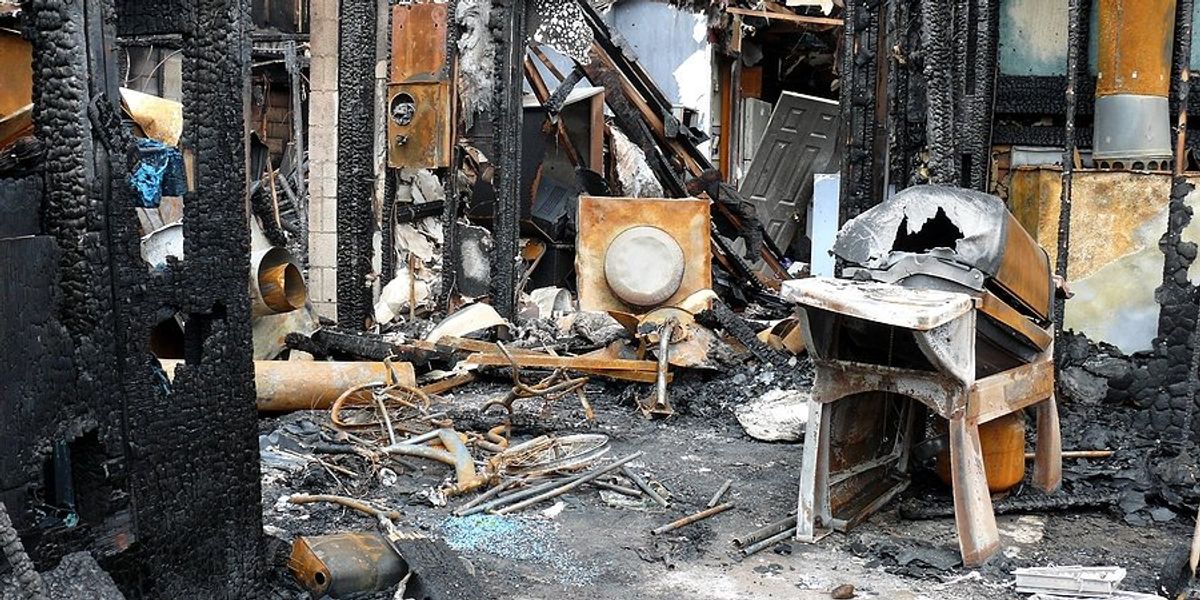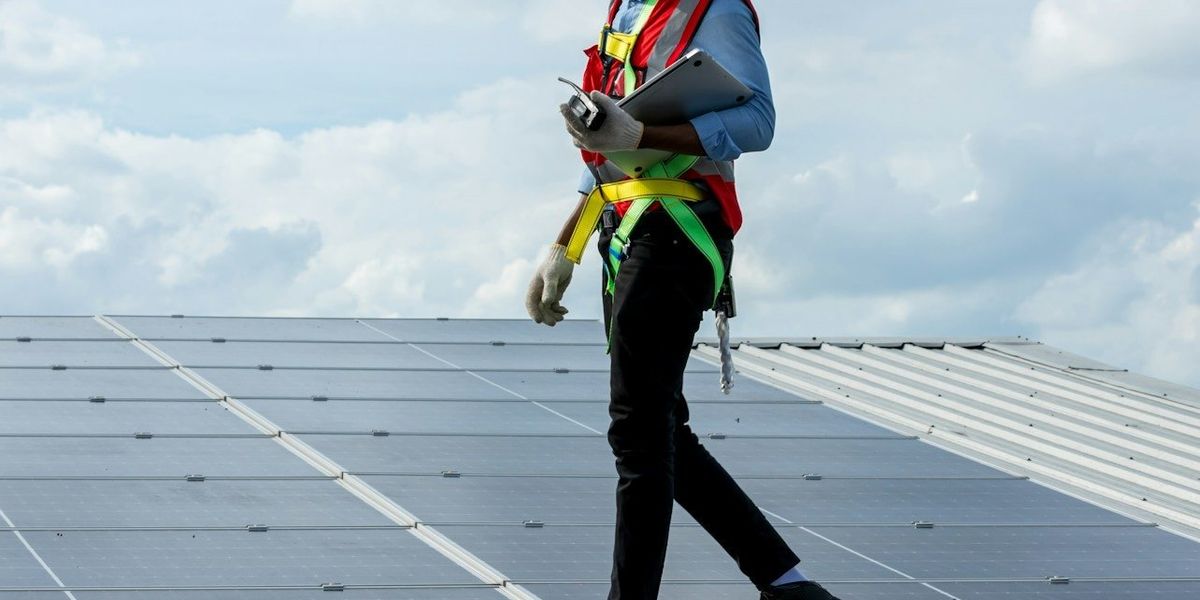The Great Lakes want to be the Silicon Valley of water
As climate extremes dry out the West and global tensions mount, the Great Lakes region is betting big on its most abundant resource: fresh water. The first in a series investigating the blue economy in the Great Lakes region.
Brett Walton reports for the Great Lakes News Collaborative: Bridge Michigan, Circle of Blue, Great Lakes Now, Michigan Public, and The Narwhal.
In short:
- Officials and entrepreneurs are pitching the Great Lakes as a global hub for water innovation, backed by research universities, manufacturing, and infrastructure investments.
- Government funding and environmental cleanups have turned polluted shorelines into economic engines — but rising property values are displacing long-time residents.
- Despite massive potential, political instability, trade barriers, and weak environmental enforcement threaten progress on climate resilience and water stewardship.
Key quote:
“The supply of fresh water is essential to our quality of life and creates a competitive advantage for our region. Midwesterners understand the importance of the Great Lakes.”
— Howard Learner, executive director of the Environmental Law and Policy Center
Why this matters:
The way we manage and invest in water today could shape our health, economy, and climate resilience for decades to come. In a country where drought is draining the West and climate chaos is becoming the new normal, the Great Lakes are starting to look like a liquid goldmine. The series poses an important question: How can the states, provinces, and tribal nations manage their water to foster a thriving economy while avoiding the ecological damage done during an earlier industrial era?
Read more: Microplastics and algae tangle in the Great Lakes













